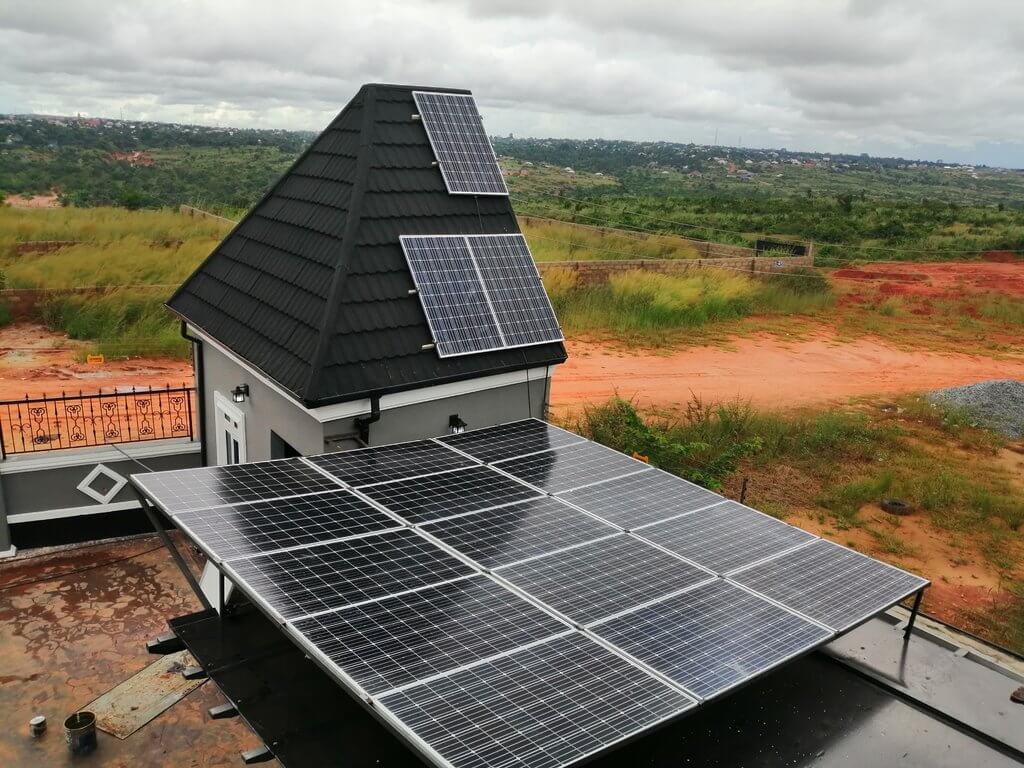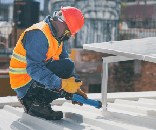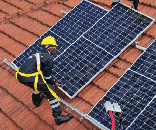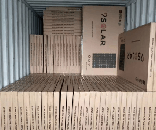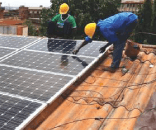Introduction:
Nigerians looking to reduce their energy costs and contribute to a cleaner, more sustainable future are increasingly turning to solar panels. Due to high electricity prices and an abundance of sunlight in the country, solar energy can be a viable and cost-effective alternative to traditional energy sources. In this article, we will discuss the benefits and considerations of solar panels in Nigeria, including their costs and incentives.
The Benefits of Solar Panels in Nigeria:
It is a good idea to invest in solar panels in Nigeria for a variety of reasons. The main benefit is the reduction in electricity bills. Solar panels can save you thousands of naira per year depending on your electricity consumption and the size of your system. Additionally, solar panels can provide reliable power during power outages and other interruptions.
There is also a positive environmental impact associated with solar panels. Unlike other sources of energy, solar energy does not emit greenhouse gasses or other pollutants. With solar panels, you can reduce your carbon footprint and contribute to a healthier environment.
Considerations for Solar Panels in Nigeria:
It is important to consider several factors before making the decision whether solar panels are worth it or not. The upfront cost of installation is an important factor to consider. The price of solar panels in Nigeria can vary in price, depending on the size, type, and location of your home or business. Depending on the specifics of your project, solar panel systems in Nigeria can cost between 700,000 naira and 6,000,000 naira.
While this may seem like a significant upfront investment, it’s important to keep in mind that solar panel systems can pay for themselves over time through the savings on your electricity bills.
Another factor to consider is the size of your electricity consumption. The larger your electricity consumption, the more solar panels you will need to meet your energy needs. It’s a good idea to review your energy usage patterns and determine how much solar energy you will need to generate. You can do this by working with a solar panel installer or consulting the 9solar guide.
The location and orientation of your home or business is also important. Solar panels require direct sunlight to generate electricity, so it’s important to ensure that your home or business has an unobstructed south-facing roof or wall. If your home or business is shaded by trees or other buildings, you may need to consider alternative locations or technologies, such as ground-mounted solar panels or solar tracking systems.
There are several types of solar panels in Nigeria, including:
- 9solar panels: These are made from a single crystal of silicon and are known for their high efficiency and long lifespan. They are also among the most expensive types of solar panels.
- Polycrystalline solar panels: These are made from multiple crystals of silicon and are less efficient than monocrystalline solar panels, but they are also less expensive.
- Thin-film solar panels: These solar panels are made from a thin layer of photovoltaic material and are the least efficient type of solar panel. However, they are also the most flexible and lightweight, making them a good option for certain installations.
- Amorphous silicon solar panels: These solar panels are made from a non-crystalline form of silicon and are less efficient than other types of solar panels. However, they are also less expensive and have a longer lifespan than thin-film solar panels.
It’s important to consider the type of solar panels that will work best for your specific installation and energy needs. It’s a good idea to consult with a solar panel installer or energy expert to determine the best type of solar panels for your situation.
Incentives for Solar Panels in Nigeria:
There are several available to help make solar power more affordable in Nigeria. Some states and localities in Nigeria offer incentives, such as rebates, grants, and low-interest loans, to encourage the adoption of solar energy. It’s a good idea to research and see what incentives are available in your area to help reduce the cost of your solar panel system.
Increasing electricity and bolstering energy security are among the goals of Nigeria’s new mini-grid initiative.
Conclusion:
Solar panels can be a good investment in Nigeria for homeowners and businesses who are looking to reduce their energy costs and contribute to a cleaner, more sustainable future. While there are upfront costs to consider, solar panels can pay for themselves over time through the savings on your electricity bills.
Despite the weak naira negatively affecting the cost of solar panels in Nigeria, several incentives are available to help make solar panels more affordable.





